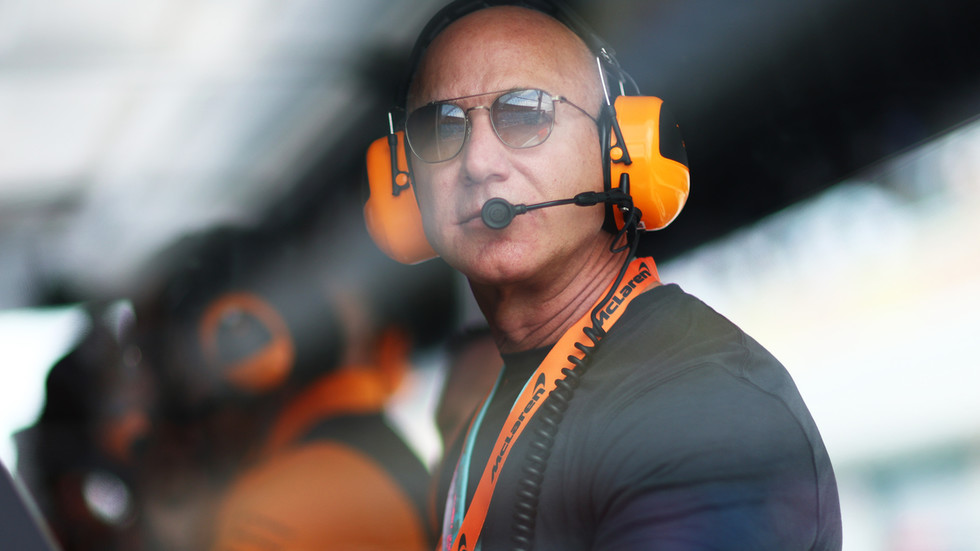The Washington Post, under the ownership of Jeff Bezos, has made a significant decision to abandon its longstanding tradition of endorsing presidential candidates, a practice it had followed since 1976. The move comes as a response to a growing sentiment among the American public regarding media bias and a deepening mistrust of news outlets. In an op-ed published in the newspaper, Bezos cited a Gallup poll indicating that nearly 70% of Americans have little or no confidence in the media. He argued that the practice of making endorsements creates a perception of bias, which ultimately detracts from the media’s credibility. To reclaim public trust, he believes it is essential to cease the editorial endorsement practice, describing the decision as principled and ultimately the right choice for the media landscape.
Despite recognizing the backlash ensuing within the Post, which included resignations from several editors, Bezos defended the decision by highlighting the need for a renewed commitment to journalistic independence. Notably, he addressed the timing of the announcement, citing “inadequate planning” as a significant factor in deciding to drop endorsements so close to the upcoming elections. Bezos emphasized that his decision was independent of any influence from political campaigns, including a recent meeting between Donald Trump and executives from Bezos’ aerospace company, Blue Origin. Nevertheless, the abrupt decision has raised eyebrows and led to substantial discourse surrounding the implications of ceasing endorsements during a consequential election period.
The decision to discontinue presidential endorsements has polarized the newspaper’s own staff. Twenty-one opinion columnists at the Post signed a collective statement denouncing the non-endorsement as a “terrible mistake.” Citing urgent concerns over the increasing polarization of the political landscape, particularly with one candidate advocating positions that could undermine press freedom and the democratic ideals embodied in the Constitution, these journalists have expressed trepidation over the implications this could have for the paper’s editorial standards. This internal dissent is further emphasized by the resignation of three members from the newspaper’s editorial board, marking a tumultuous moment over differing views on journalistic engagement in political processes.
Public reaction to the non-endorsement has been significant, with reports indicating that over 200,000 subscribers, representing approximately 8% of the Post’s paid digital audience, canceled their subscriptions shortly after the announcement. This mass exodus reflects a sense of discontent among readers regarding the direction taken by the newspaper. Prominent figures in journalism, including former longtime executive editor Marty Baron, have criticized the decision, underscoring the belief that media organizations have a responsibility to guide the public on key electoral decisions, especially in an era of intensified political division.
This controversy surrounding the Washington Post’s endorsement policy mirrors similar moves by other news outlets in the current media landscape. The Los Angeles Times, under the ownership of Patrick Soon-Shiong, has also opted not to make presidential endorsements, facing its own backlash and significant resignations from staff members. Both situations reveal broader trends in media regarding the complexities of navigating public trust, editorial independence, and the operational challenges of addressing perceived biases.
Ultimately, the decision to end political endorsements may contribute to an evolving paradigm in journalism, where media outlets strive for impartiality amidst increasing scrutiny. However, as Bezos and his team at the Washington Post grapple with loss of trust and operational turbulence, they must also consider how this decision aligns with the broader responsibilities of journalistic institutions to promote democratic values and educate the electorate. The future of political endorsements, and indeed of American media, is under examination, as stakeholders from both within and outside news organizations wrestle with the implications of bias and how best to uphold the integrity of the Fourth Estate in a rapidly changing political environment.

